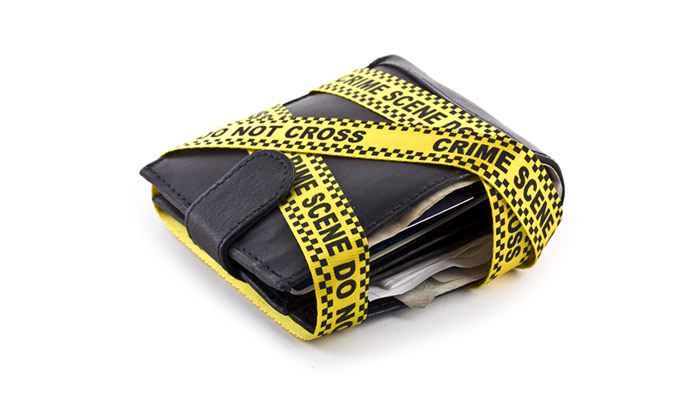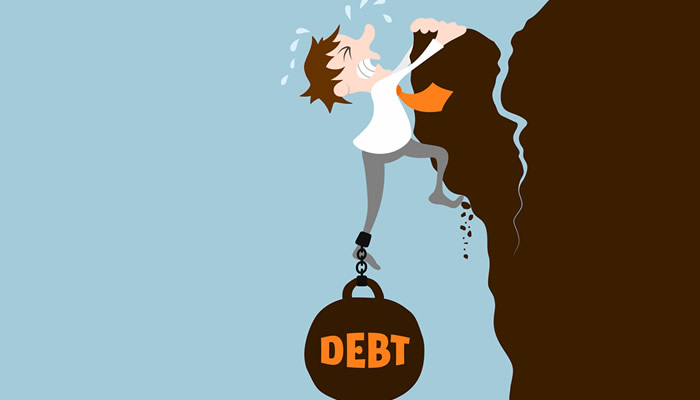How to Teach Your Teen about Budgeting
Your son or daughter learns about chemistry, geography, and mathematics in school, but when it comes to personal finance parents are on their own.

In a few short years your teen will be on their own, so it’s crucial to teach them about the importance of budgeting before they move out of their own. By teaching your child about budgeting at an early age, they’re more likely not to overspend and carry high-interest credit card debt in their adult years. Budgeting can be dull and boring, but it doesn’t have to be – by showing your teen what a budget is and why it’s important, it will help motivate them to create their own budget and spend responsibly.
What is a Budget?
A budget is like a financial roadmap – it helps you achieve your saving goals. Whether it’s having enough money to purchase a new Xbox 360 or pay your first year of tuition at university, a budget can help you get there. An allowance is a great way to teach your child about budgeting; you can explain that if they only save $10 for 20 weeks, they’ll have a brand-new $200 bike to show.
The temptation to spend is around every bend. When your child gets their first part-time job (or neighborhood side job), it’s the perfect time to sit down with them and create a budget. Creating a budget for the first time can be onerous, but by getting your child involved, you can help them feel empowered and motivated to save money.
A budget doesn’t have to be complicated – it can be as simple as a Microsoft Excel spreadsheet with a few basic spending categories. There are also plenty of smartphone apps that make budgeting quick and painless.
Why Creating a Budget is Important
Personal finance is often a taboo topic, but it doesn’t have to be. You can break the ice by showing your child your personal family budget. Before your teen’s eyes glaze over, discuss all the important reason to budget:
Track Spending: Most people know what their take-home pay is, but if you ask them what they’re spending it on they’ll often have no idea. By creating a budget and sticking to it, you can avoid the nasty surprise of large credit card balance owing at the end of the month. A good exercise for your teen is to keep a copy of their receipt from every purchase and tally them up at the end of the month. They may be shocked to learn how much they’re spending on fast food and decide to reduce their spending accordingly.
Goal Setting: To get your teen excited about budgeting you can discuss their financial goals. If your child would like enough money to go away on a trip for March break to Florida, show them they’ll be able to achieve it through a budget and financial discipline. For example, if they’ll need to put away $50 a week, help them “pay themselves first” by setting up an automatic savings plan so the money is “out of sight, out of mind,” and they’re not tempted to spend it. When you hear your teen talking about long-term goals like homeownership or retirement, you know you’ve gotten through to them.
Avoid Debt: Through budgeting you can help your child avoid living beyond their means. If your child overspends and the bank of mom and dad always comes to rescue and bails them out, it will hardly teach them a good lesson. It’s important to teach your teen about credit cards and how to spend responsibly. Getting your teen a low-limit credit card or adding them as a cosigner is a great way to teach them about credit. Explain that they should only spend what they can afford to pay off in full when their credit card statement comes due. The information box of your credit card agreement is a simple way to show your teen about the dangers of carrying high-interest debt. They’ll probably be shocked how long it will take them to pay off their credit card balance if they only make the minimum payment.
For more information on teaching your teen about budgeting, please visit Services for Youth: Managing Your Finances.




